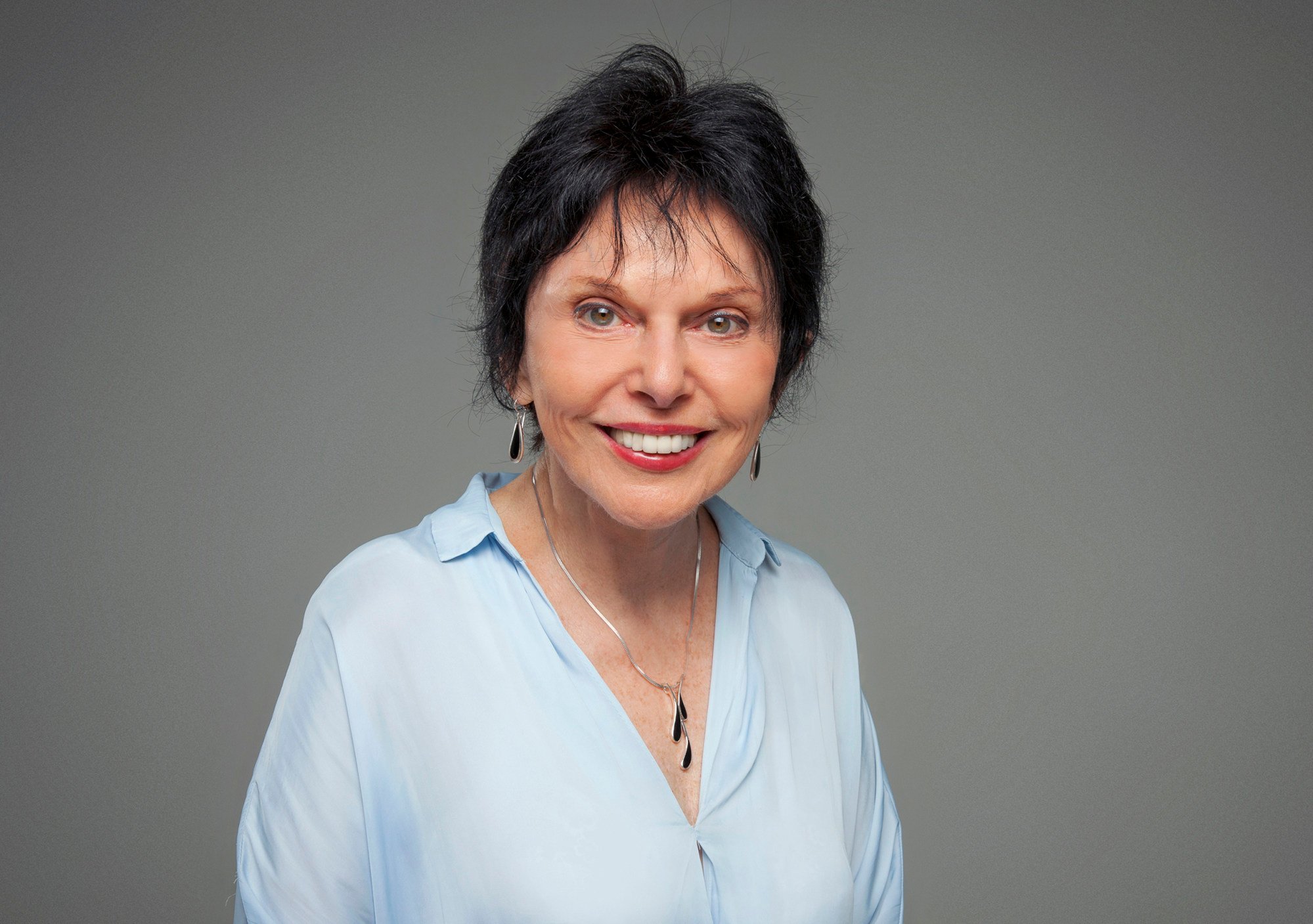“I enjoy the general ambience, the music and sound effects. Everything is more exaggerated than real life – screaming, creaking houses and slamming doors.
“I enjoy the feeling of being scared – and the comfort of knowing it will end when the movie is over.”
Ghosts, spirits, possession – 5 scary Asian destinations as Halloween nears
Ghosts, spirits, possession – 5 scary Asian destinations as Halloween nears
Khan’s explanation for her love of horror films echoes a line from the recently released movie A Haunting in Venice, in which one character observes that “scary movies make life less scary”. Could that be true?
People seek horror entertainment for thrill and adventure, but studies have found mental health benefits in viewing scary movies, including stress release, managing real-life fears, and gradually reducing the impact of stressors through exposure to danger and fear in a controlled environment.
“Horror movies allow the release of tension and all sorts of emotion in a safe environment,” says Hong Kong-based clinical psychologist Melanie Bryan. “There are not many environments, aside from concerts, that allow the strong emotional release of a horror movie.”

Stress hormones, like adrenaline, fill our body, quickening our heart rate and breathing. Once the physical reaction sets in, it takes some time for the body to metabolise the adrenaline, allowing us to calm down.
“In a real, threatening situation, that adrenaline surge prepares a person to fight, take flight or freeze,” Bryan says. “There is no true release until a sense of safety has been re-established. Then the relief can be huge.”
While watching a horror movie, the release is felt when the conflict is positively resolved – usually when evil is defeated – and our brain releases endorphins, stress-relief hormones, to relax us.
How could this benefit people with anxiety?
People with anxiety often perceive threats in everyday situations, leading to a constant sense of unease. Because there is no real danger, though, just a general sense of doom, they rarely get any sense of resolution or relief. The release felt through a scary film can provide relief from this tension.
This does not apply to everyone with anxiety, though.
For Khan, being in control of the fear and stress is appealing.
“If I am meeting someone tomorrow, I will be anxious until the meeting. But I can control [the stress from] a horror movie by reading about it in advance and preparing myself.”

Horror artist and film fan Becky Doyon, 38, grew up watching scary movies with her father and uncle in the US state of Maine.
“I like dark things, especially visual ones. Movies like King Kong, House of 1000 Corpses and Trick ’r Treat are some of my favourites. I started drawing in high school. Over time, the theme of my art shifted to horror.”
She agrees that experiencing fear by reading or watching something scary can make real life feel less frightening.
“Because you have some familiarity with the emotion and experience, it’s like exercising your fear.”

Khan describes how viewing horror movies, with their themes of loss and grief, helped when she lost her sister in 2022.
“I recall watching White Noise [2005] earlier, in which Michael Keaton’s character is grieving for his wife and desperately wants to connect with her. There was a relatability and feeling of having watched and seen some of what I was going through. It helped in a weird way.”
There is research that links the regular consumption of horror entertainment with greater resilience in dealing with difficult situations.
A 2020 study found people who engaged more frequently with fear in a fictitious form, like horror fans, displayed better psychological resilience and less psychological distress during the Covid-19 pandemic.

In fact, during the stress of the pandemic, a surprising number of people turned to horror films to cope. Data from digital movie app Movies Anywhere showed horror sales in May 2020, amid the pandemic, were up 194 per cent from May 2019.
“If I had to guess why, I think people were watching stressful situations where the outcome didn’t affect their lives at all,” Doyon says. “Maybe some of the real-life tension was released, along with the fear created by the film, after watching the movie.”
While there are apparent benefits, Bryan highlights the unsuitability of horror movies for highly imaginative people who may replay horror scenes later, triggering more anxiety, or for impressionable young people.

She also cautions those going through highly stressful life circumstances, when they are emotionally vulnerable, to avoid the additional, even momentary, stress of horror entertainment.
“However, the emotional release of other stressors provided by the horror film might be beneficial. It depends on both the type of stress being experienced and a person’s need for release. A therapist can help in such circumstances.”
